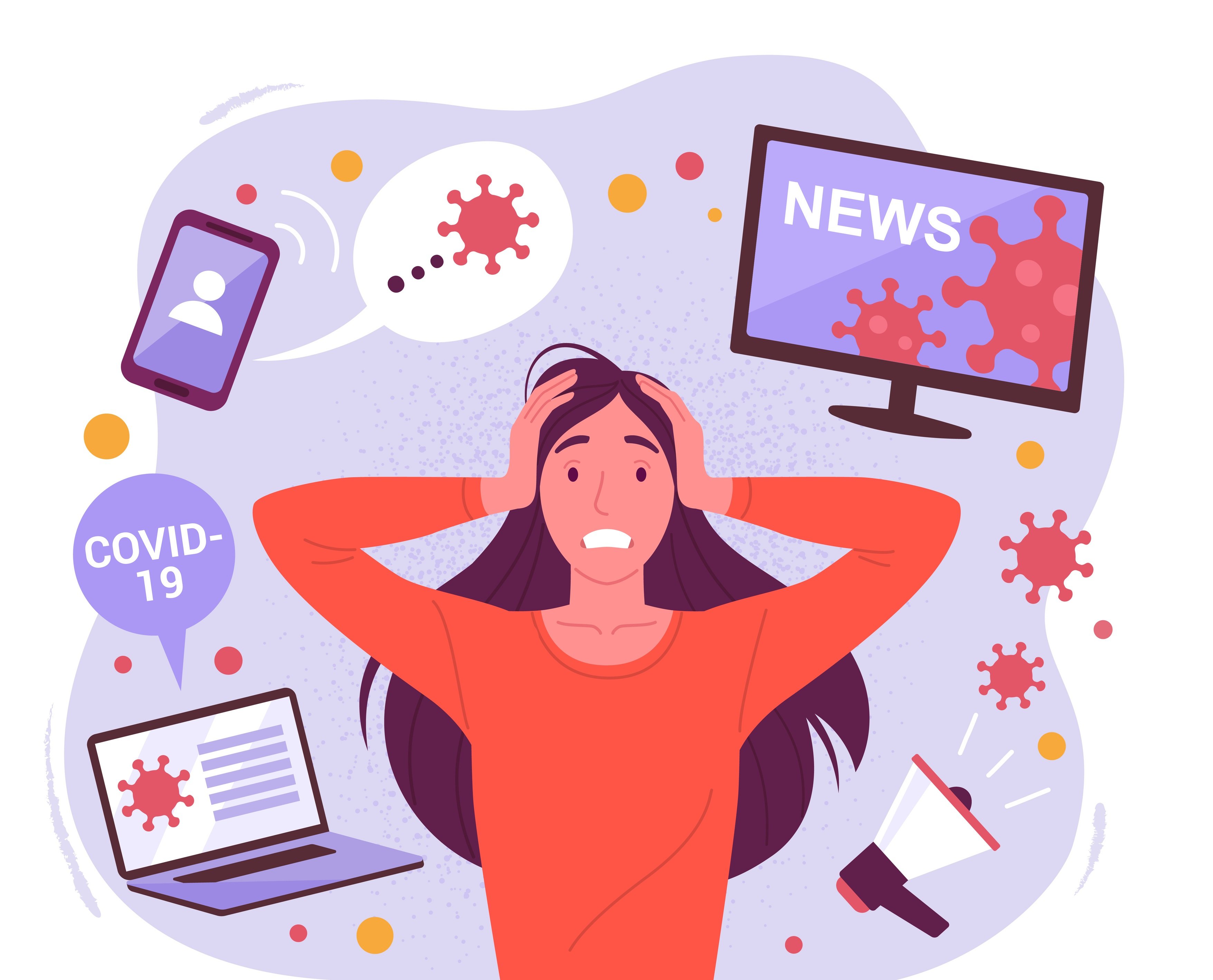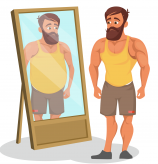What Are the Pandemic Side Effects on Those with BDD and OCD?
What Are the Pandemic Side Effects on Those with BDD and OCD?

The pandemic set a new era into motion. When the world went into lockdown in 2020, people were afraid of the outside and any kind of social interaction, becoming fearful of contracting the deadly virus. The fear was seen in public areas such as marketplaces and shopping centers where people came into close contact. The generational trauma of the pandemic is now possibly on the same level as the 1918 Pandemic, the Great Depression, the Holocaust, and the Cold War. As a result, mental health has been greatly and negatively impacted worldwide.
The quarantines also affected children who were taken out of school for fear of contracting COVID-19. Whatever the safety precautions, this negatively affected social development and interaction due to the isolation. Researchers now expect children to have higher rates of social anxiety and post-traumatic stress symptoms, having returned to school full time. Nonetheless, they are cautious about any preliminary results.
Furthermore, we observed a change in telehealth where face-to-face appointments were limited only to essential medical workers. Appointments for psychiatric visits were limited overall. Our own colleagues became withdrawn into their own homes despite being vaccinated and so they settled into a telehealth culture. There were only a few offices that remained open and accepted patients, but now they are overwhelmed by the amount of people requiring their services every day.
Mental health professionals are aware of the increase in anxiety and depression among the general population, but it is a bit more difficult to say how the pandemic specifically impacted those with Body Dysmorphic Disorder (BDD). It is theorized that while the isolation was damaging to mental health, anecdotal evidence suggests those with BDD found relief in the use of face masks in public and incorporated it into their camouflaging behavior. Like those with eating disorders who wear baggy clothing to hide their bodies, those with BDD may wear clothing that hides the most concerning aspect of their appearance (ex. wearing a sun hat to hide facial features), such as a mask.
Similarly, there is not much research into how the pandemic affected people with Obsessive-Compulsive Disorder (OCD). Some research suggests that public concerns about the contraction of the virus and the widespread use of sanitizing products validated fears surrounding contamination and sickness, further encouraging compulsive behavior. There is also evidence to suggest that the pandemic increased panic attacks for those with OCD and perhaps triggered those who had achieved remission in obsessive symptoms or triggered new obsessions focused on COVID-19.
The common use of telehealth now has been shown to be as effective as in-person treatment, but if a patient has severe obsessive compulsive symptoms, they should request to see the clinician in-person for therapy where sessions can include Exposure and Response Prevention (ExRP) and other forms of Cognitive Behavioral Therapy (CBT).
Things will never be the same as before and moving on, there will of course be changes. However, it does not mean the world cannot move forward and continue to survive. Patients should continue current treatment plans and keep reaching out to their clinicians. People have also found online support groups (find one here) to be helpful, as they assist with loneliness and motivate patients to keep up their progress. There is hope for protection as vaccines become more and more accessible and potent, and restrictions have almost disappeared. Uncertainty in the "new normal" will be a continued part of exposure sessions for some time but that doesn't mean we can't adapt.
Special thanks to Rebecca Braverman for her assistance in writing this blog.
Resources:
- Cullen, W., Gulati, G., & Kelly, B. D. (2020). Mental health in the Covid-19 pandemic. QJM: An International Journal of Medicine, 113(5), 311-312. (Cullen, Gulati, & Kelly, 2020)
- Fontenelle, L. F., & Miguel, E. C. (2020). The impact of coronavirus (COVID‐19) in the diagnosis and treatment of obsessive‐compulsive disorder. Depression and anxiety, 37(6), 510-511.
- Lee, J. (2020). Mental health effects of school closures during COVID-19. The Lancet Child & Adolescent Health, 4(6), 421.
- Vindegaard, N., & Benros, M. E. (2020). COVID-19 pandemic and mental health consequences: Systematic review of the current evidence. Brain, behavior, and immunity, 89, 531-542. (Vindegaard & Benros, 2020)




















